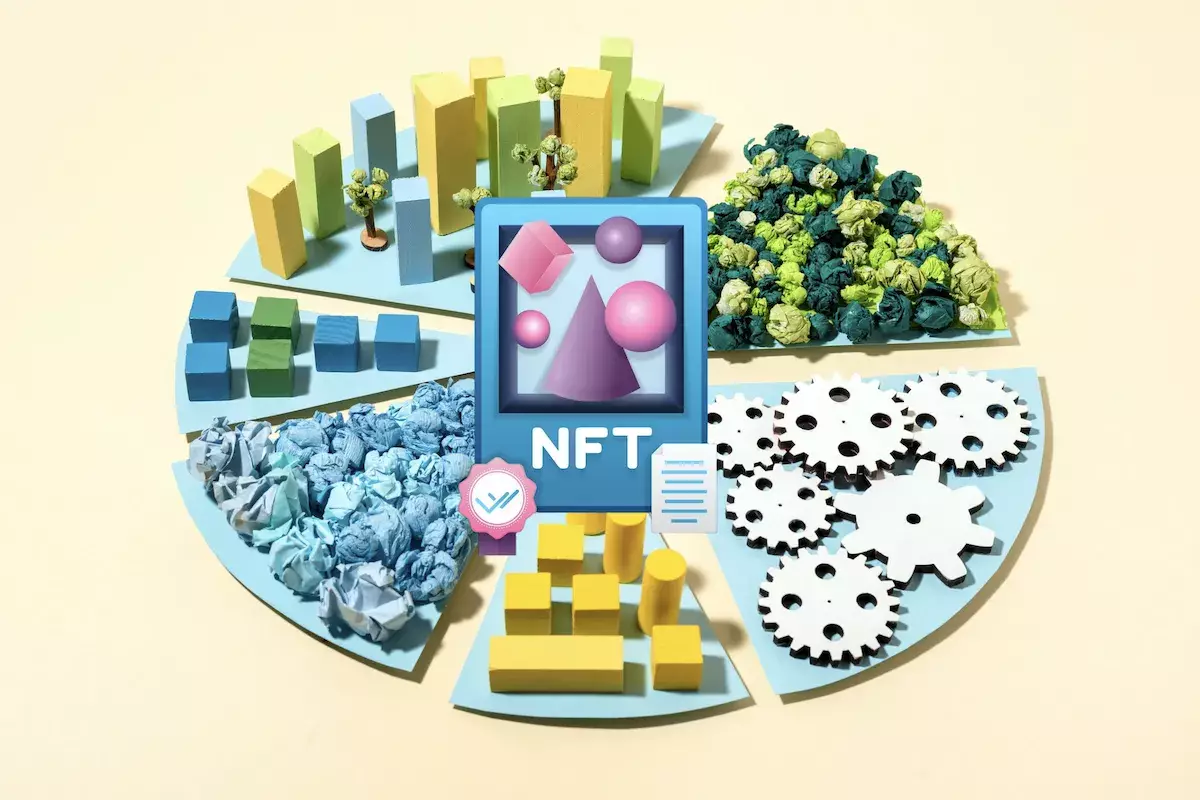As Europe advances towards a more sustainable future, significant legislative initiatives are paving the way for transparency and efficiency in resource management. A key component of these initiatives is the European Green Deal, which aims to dramatically reduce carbon emissions and promote sustainable economic practices across the continent. Within this ambitious framework, the concept of Digital Product Passports (DPPs) has emerged as a groundbreaking approach designed to enhance product traceability and foster responsible consumption. In this article, we delve into how DPPs operate, the potential of integrating Non-Fungible Tokens (NFTs), and their collective impact on sustainability.
Digital Product Passports are essentially digital files that accompany products throughout their lifecycle, from raw material extraction to manufacturing, distribution, use, and eventual disposal. This innovative approach is an integral part of the Ecodesign for Sustainable Products Regulation (ESPR) that encourages manufacturers to focus on designing products with minimal environmental impact. By embedding sustainability metrics into product information, DPPs allow consumers to make informed choices based on a product’s carbon footprint, recyclability, and repair options. Essentially, DPPs serve to enhance transparency in the supply chain, encouraging both businesses and consumers to transition towards more sustainable practices.
The Circular Economy Action Plan (CEAP) further strengthens the case for DPPs, advocating for a shift away from a linear economy—characterized by the take-make-dispose model—to one where products are designed to be reused, repaired, or recycled. The combined efforts of ESPR and CEAP reflect a strategic move towards a circular economy, where waste is minimized and resources are utilized efficiently throughout a product’s life cycle.
The potential of NFTs in the realm of DPPs is vast. While NFTs have gained notoriety as digital assets largely associated with art and collectibles, their unique properties make them invaluable for ensuring product authenticity and tracking throughout the supply chain. An NFT serves as a unique digital certificate stored on a blockchain, which means that it cannot be duplicated or tampered with. This immutability is crucial for maintaining trust and integrity within the DPP framework.
By linking NFTs to individual products, each item can have a corresponding digital twin that records its entire history—from material sourcing through its journey to becoming a consumer item. This digital footprint not only enhances transparency but also allows consumers to verify the integrity of the products they purchase. This is particularly salient in industries where sourcing and sustainability are scrutinized, such as electronics and fashion.
Moreover, the integration of sensors and artificial intelligence with NFTs can take DPPs a step further. For instance, IoT sensors could provide real-time updates on a product’s condition, automatically reflecting this data in its NFT. This would allow consumers to monitor the durability and status of their products over time, facilitating better maintenance and ultimately extending the product’s lifespan.
Challenges and Considerations
Despite the promise that DPPs and NFTs hold, there are several challenges that must be addressed. One significant concern is the privacy of sensitive data. While blockchain technology offers a transparent way to track products, it must be navigated carefully to comply with regulations such as GDPR, which governs how personal information is handled. For this reason, many have suggested “hybrid” models, wherein sensitive data is stored off-chain while ownership records remain on the blockchain.
Additionally, as various industries consider adopting NFTs for DPPs, there is the looming task of ensuring compatibility across different blockchain platforms. Inconsistent systems may lead to data fragmentation, undermining the very transparency that DPPs aim to provide. Educating stakeholders—including manufacturers, regulators, and consumers—about the practical applications and benefits of NFTs is essential for driving widespread adoption.
A Path Forward for Sustainable Practices
As Europe embarks on this collective journey toward sustainability, leveraging the integration of DPPs and NFTs appears to be a promising strategy. By enhancing transparency and accountability within supply chains, consumers are empowered to make informed purchasing decisions that reflect their values. Furthermore, as businesses adopt these innovative frameworks, they may find themselves gaining a competitive edge in an increasingly eco-conscious market.
The intersection of Digital Product Passports and Non-Fungible Tokens marks a pivotal moment in Europe’s sustainability efforts. While challenges exist, the potential for greater product transparency and responsible resource management is significant. By embracing these technologies, Europe can move closer to achieving a truly sustainable economy, shifting the narrative from mere compliance to proactive stewardship of our planet’s resources. The journey ahead might be complex, but the commitment to sustainability is clear, and the tools to realize it are within reach.


Leave a Reply